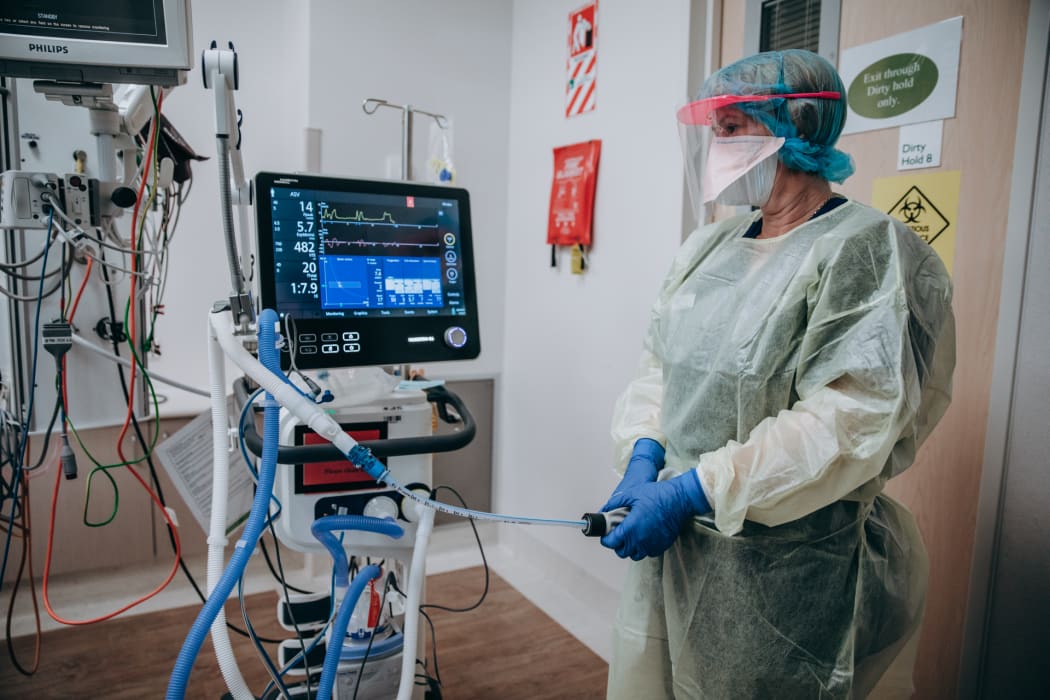Covid-19 is not just a "mild infection" for our tamariki, according to a new international study on children who caught the virus.

Three percent of more than 3000 children who were followed after Covid-19 infection experienced severe outcomes within two weeks of being admitted to an emergency department. Photo: RNZ / Dom Thomas
The study - published in JAMA Network Open this week - followed more than 3000 children who presented to emergency departments and tested positive to the virus from 10 countries, including New Zealand, Canada and the United States.
It aimed to find out how frequently children presenting to emergency departments and infected with the virus experienced severe outcomes (such as myocarditis, neurological, respiratory, or infectious problems) and what were the risk factors.
Nearly a quarter of those observed in the emergency deparments required hospitalisation, four died, and three percent experienced severe outcomes within two weeks of being admitted to an emergency department.
Study author Stuart Dalziel, from the University of Auckland, told Morning Report that the three percent who experienced severe outcomes would have been admitted to intensive care units, with their blood pressure or respiration supported.
"When you look at that, that's something we need to bear in mind when immunising our children. We are immunising our children to actually protect them from severe outcomes of Covid-19."
The research found that children at highest risk of developing complications from Covid-19 infection were those who experienced symptoms from four to seven days, those older than five years, and tamariki with pre-existing chronic conditions.
With vaccinations for tamariki aged five to 11 due to start next week, the findings dispelled the myth children were being vaccinated solely to protect adults, Dalziel said.
"There is a perception that Covid-19 is only a very mild infection in children. However, as the pandemic has progressed, we are seeing greater numbers of children being infected and presenting to hospital worldwide," Prof Dalziel said.
"There is certainly some benefit to adults with immunising children but I think what we forget with this discussion is that they also give protection to children.
"If we look at the US, there have 8,700,000 children diagnosed with Covid and of those 747 have died so that means one in 11,000 children who get Covid are likely to die, and we know that immunisations give us over 90 percent protection against hospitalisation, against severe outcomes and against death."
Researchers also found children deemed healthy at an initial emergency department visit rarely deteriorated significantly after the first visit.
Prof Dalziel hopes the study will help emergency doctors better understand which children are likely to experience complications from their infection.
This story has been updated to make clear that the study aimed to find out how frequently children presenting to emergency departments and infected with the virus experienced severe outcomes (such as myocarditis, neurological, respiratory, or infectious problems) and what the risk factors were.

